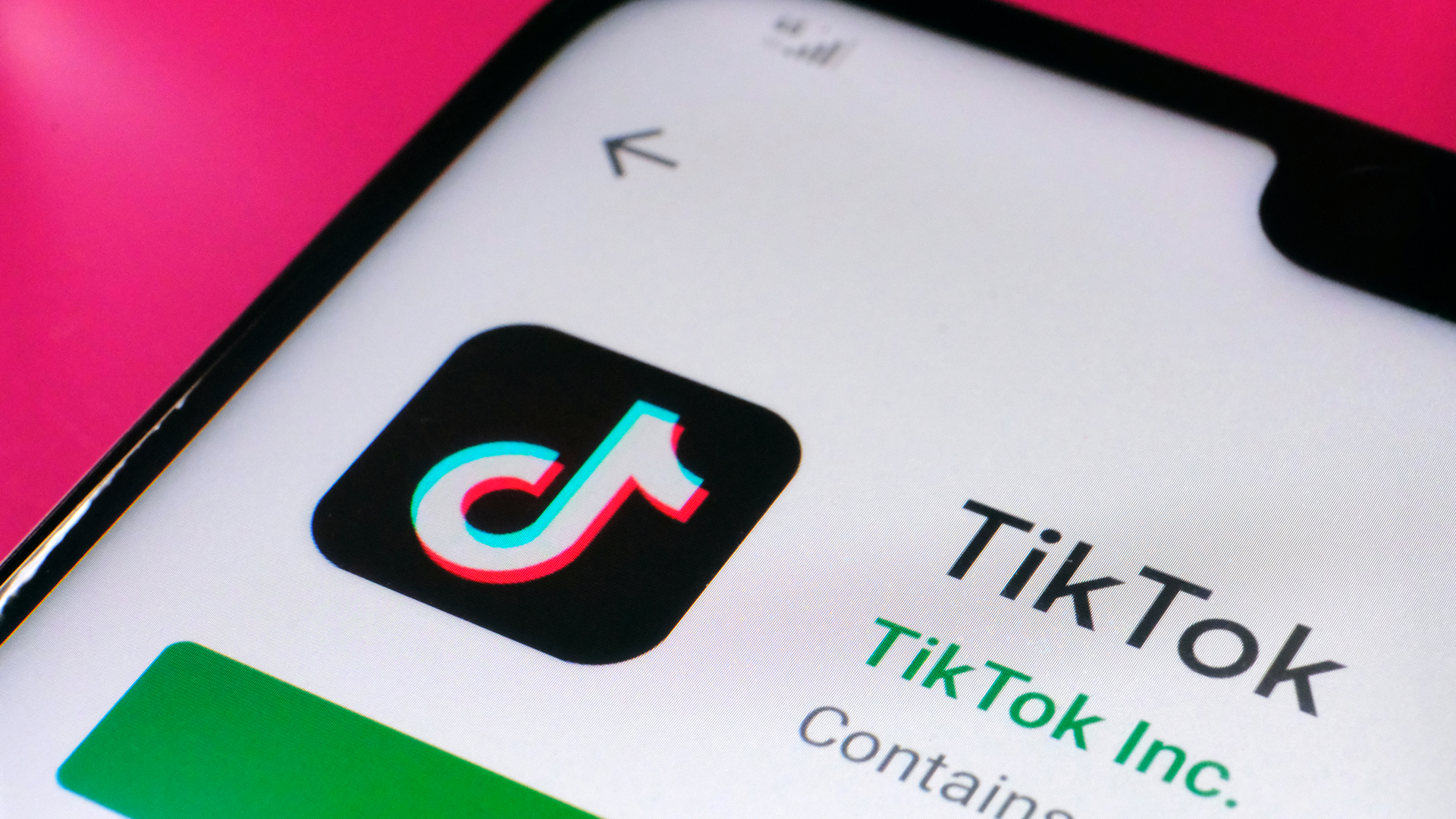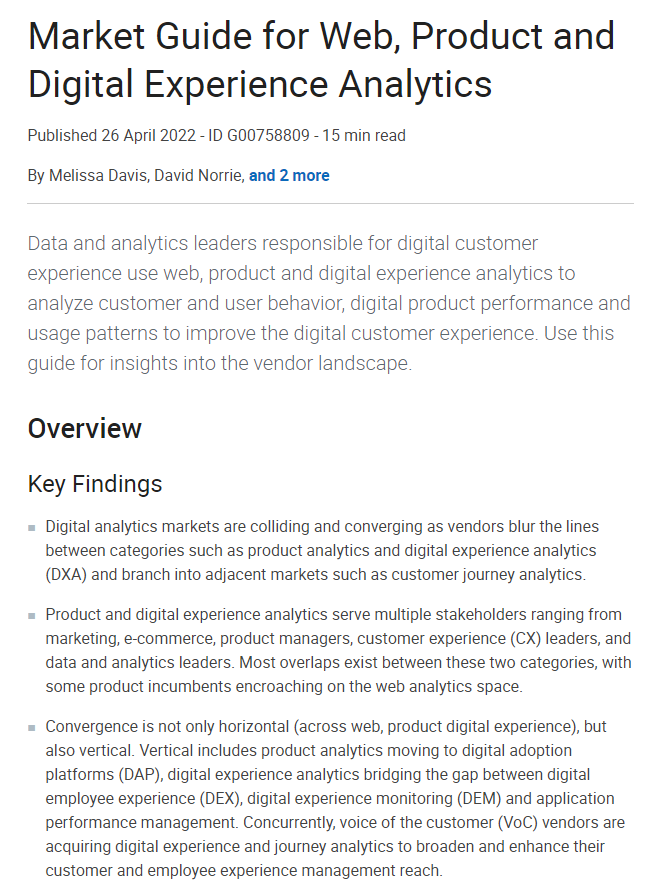Social media engineers should stop copying TikTok
Instagram is foolish to mimic its rival instead of offering a calmer alternative better suited to its own users


The internet isn’t just for teenagers. When Gen Z hit the web, the social media companies bent and contorted to meet their interests – which seem to be short videos, social justice and lip-syncing. Hence the rise of TikTok, and social rivals desperately stealing its video-focused ideas to keep up with the kids.
Look at Instagram. Once the “nice” social network, it’s floundered of late. First, it was the addition of ads. Then it was a tweak to the algorithm that meant posts no longer showed chronologically, the way most of us experience reality. Finally, Instagram started shoving into my feed ‘suggested posts’ – accounts I choose to not follow – in particular favouring videos, often swiped and reuploaded from TikTok.
It wasn’t just me wondering why Instagram opted for self-destruction. I follow a lot of photographers and artists on the app, and over a couple of days this summer, they all shared messages about the impact of the algorithmic changes, saying their posts were no longer being seen by followers and that was impacting sales of their work.
That complaint picked up steam when the Kardashians got involved. So, thank you Kim and her sister Kylie Jenner – who happen to be the third and seventh most followed people on the platform. You may not like their fashion or life choices, but, in this case, they used their powers for good, sharing a viral post begging developers to “make Instagram Instagram again,” adding the app should “stop trying to be TikTok”.
Shortly thereafter, Instagram’s CEO Adam Mosseri gave an interview saying the Meta-owned app would relax some of the changes. “I’m glad we took a risk,” he reportedly said. “If we’re not failing once in a while, we’re not thinking big enough or bold enough.”
My friend, mucking up ideas stolen from a rival is hardly bold thinking. Instead, Instagram would do better to have the confidence to ignore the youthful crowds on TikTok and realise we don’t all want the same thing.
RELATED RESOURCE

Market guide for web, product, and digital experience analytics
Analyse customer and user behaviour, digital product performance and usage patterns to improve the digital customer experience
Internet companies are obsessed with being number one and with signing up every online person on the planet, as though teenagers in LA have the same wants and needs as 50-year-olds in Tokyo or technology writers in London. Imagine if movies or books or magazines appealed to only the noisiest 25-year-olds – IT Pro wouldn’t exist, all literature would be Sally Rooney knock-offs, and every movie would be set in the Marvel Cinematic Universe. There’s nothing wrong with overwrought Irish students or Thor – indeed, I enjoy both – but publishers are thankfully willing to take money from people who like crime novels and historical non-fiction, while directors are happy to have critical acclaim without topping the box office. There’s space, and money, for all sorts of stuff.
Get the ITPro daily newsletter
Sign up today and you will receive a free copy of our Future Focus 2025 report - the leading guidance on AI, cybersecurity and other IT challenges as per 700+ senior executives
Sadly, the internet is obsessed with monoliths. Being the second or third most used social network is surely sufficient to make oodles of cash, but an obsession with the network effect – having everyone on a site or app so that everyone feels like they need to be there – seems to cause panic when a rival gets all the attention.
I’m sure Instagram’s data team could show that I’m actually spending more time on the app, as I get sucked in by viral content that’s shoved in front of my eyeballs. But I feel worse for having wasted my time and energy on such nonsense, and that means I’m increasingly more likely to avoid opening the app at all. It’s a short-term gain but a longer-term loss – and all to avoid me running off to TikTok, an app I am not interested in.
It’s a particular shame, as Instagram remained beloved while other social media soured; it was “the good place”. Tired of the constant outrage, I barely touch Twitter anymore. Facebook? Forget it. But my Instagram was full of people I love and carefully curated accounts. A quick scroll let me check in on friends, dip into the Tate Modern’s collection, explore the world through Lonely Planet photographers, and drift into the perfect world inhabited by my favourite photographer, @samyoukilis. Now my reverie is interrupted by memes I don’t understand.
Here’s the wild bit: TikTok has more than a billion users, but so does Instagram. It’s not failing or struggling. It was a well-used app that people love, even if some of those people weren’t Gen Z.
With half the world online, there’s plenty of room for all sorts of spaces and billions of people to sign up for apps. The internet isn’t just for teenagers or younger generations – indeed, all they’re going to do is get older. Stop chasing youth and their short-lived trends, calm down and let online spaces grow organically and thrive. That would be the truly bold move.
Freelance journalist Nicole Kobie first started writing for ITPro in 2007, with bylines in New Scientist, Wired, PC Pro and many more.
Nicole the author of a book about the history of technology, The Long History of the Future.
-
 Bigger salaries, more burnout: Is the CISO role in crisis?
Bigger salaries, more burnout: Is the CISO role in crisis?In-depth CISOs are more stressed than ever before – but why is this and what can be done?
By Kate O'Flaherty Published
-
 Cheap cyber crime kits can be bought on the dark web for less than $25
Cheap cyber crime kits can be bought on the dark web for less than $25News Research from NordVPN shows phishing kits are now widely available on the dark web and via messaging apps like Telegram, and are often selling for less than $25.
By Emma Woollacott Published